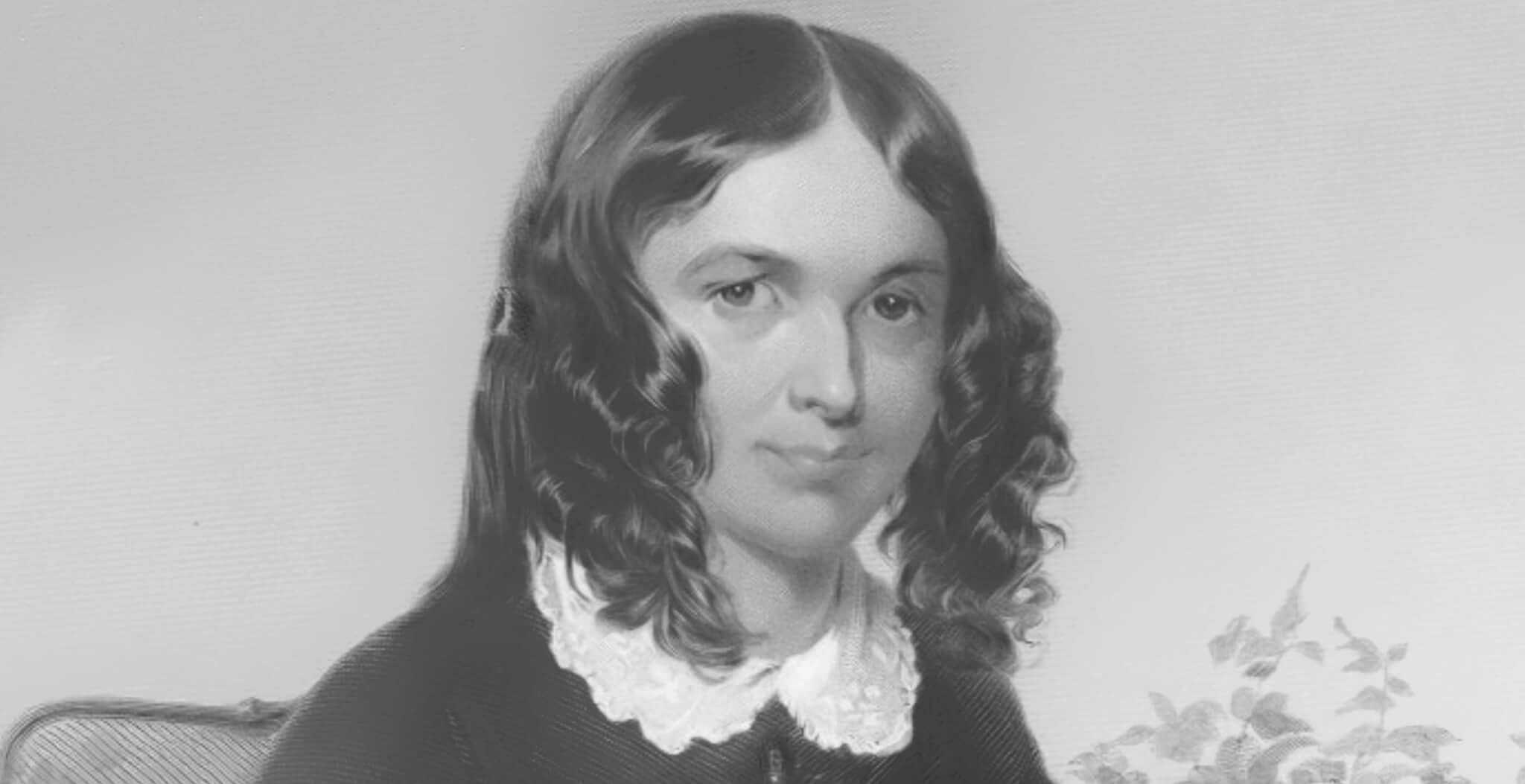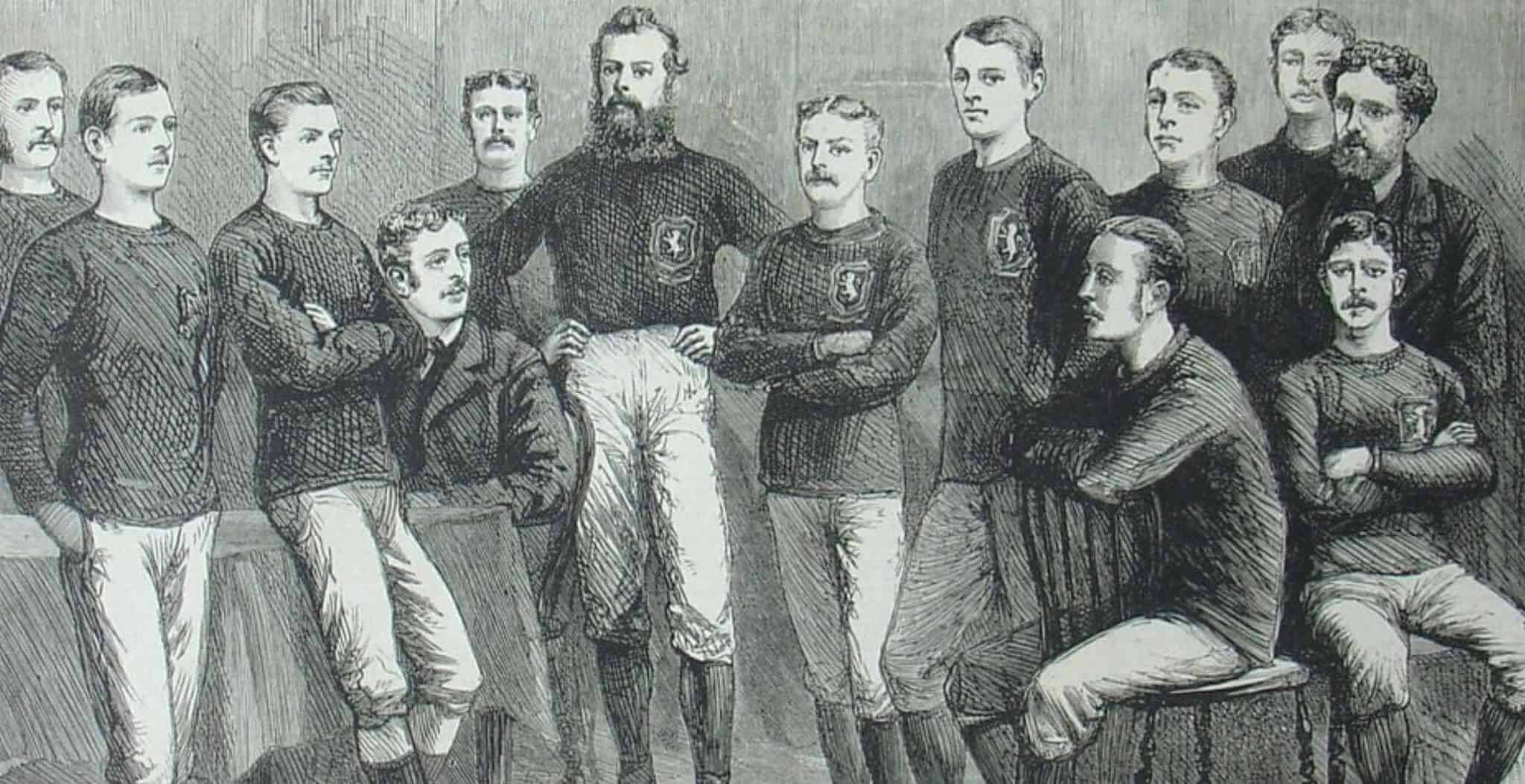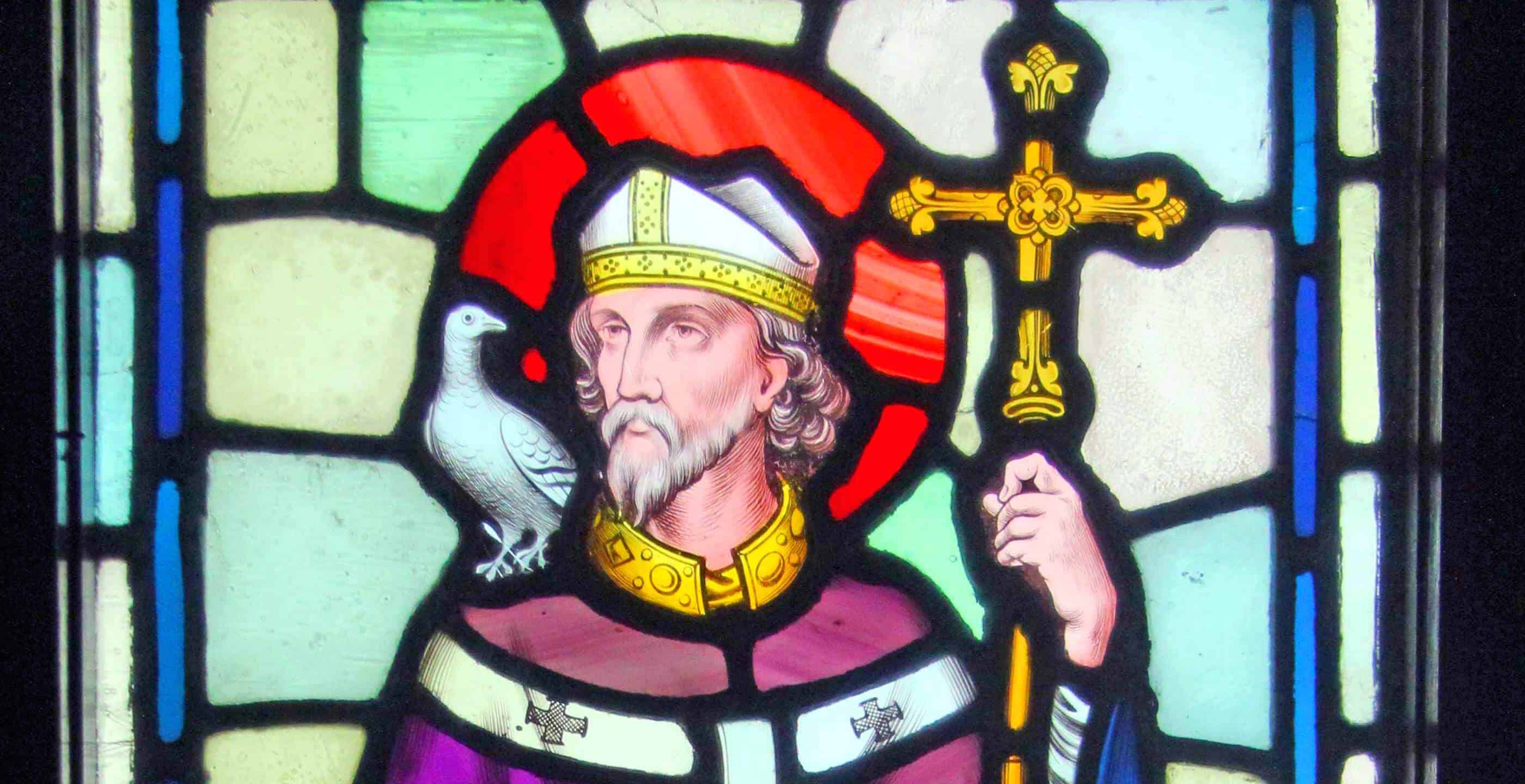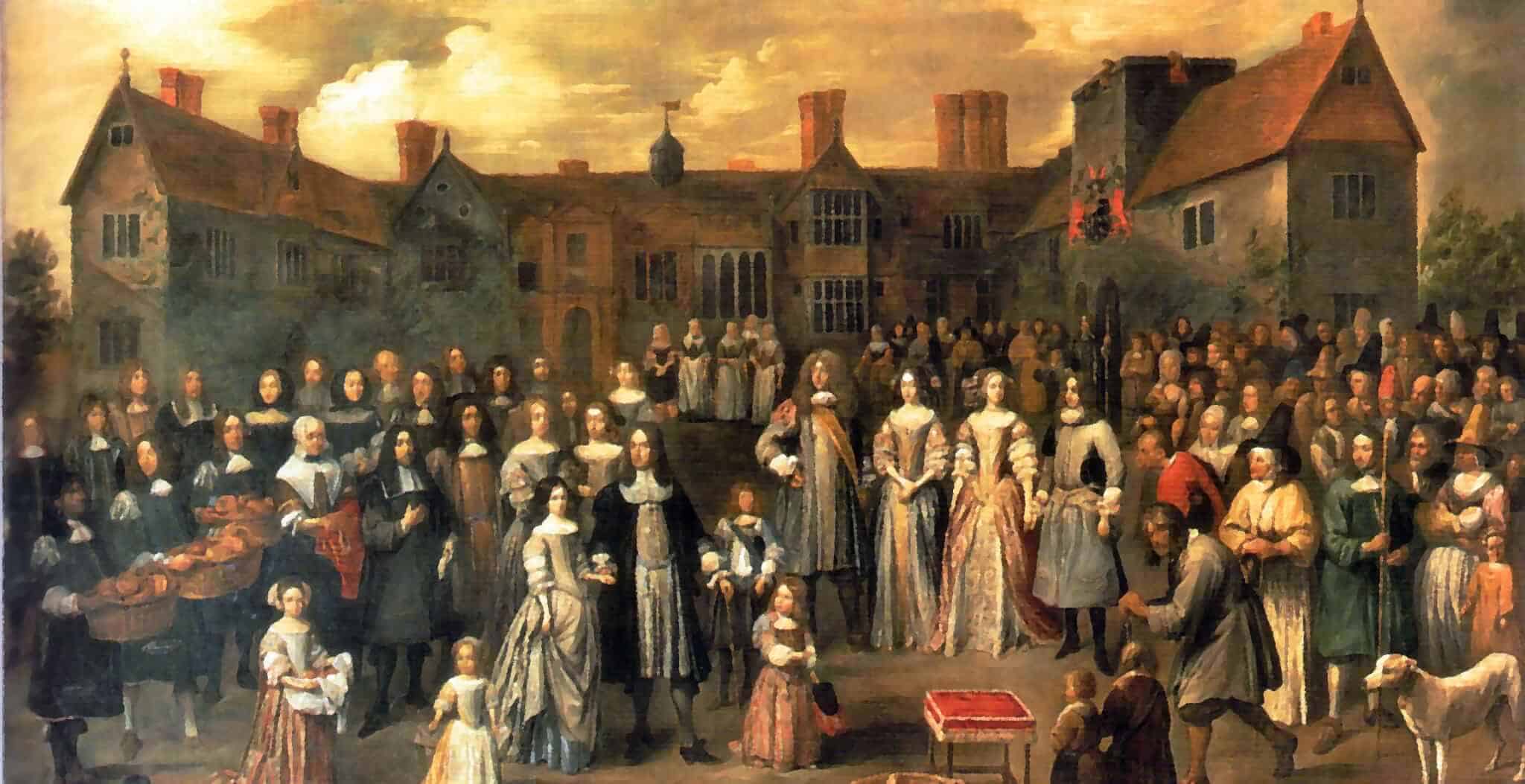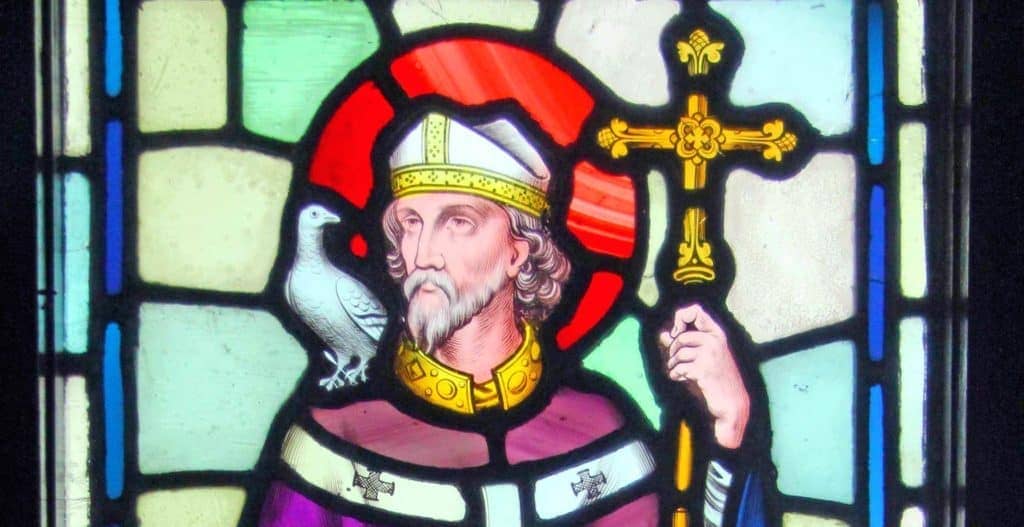Readers should always check with local Tourist Information Centres (TIC’s) that events or festivals are actually taking place before setting out to attend.
Permanent dates in March
| DATE | EVENT | LOCATION | DESCRIPTION |
| 1st March | St David’s Day –Gwyl Dewi Sant | Wales | The patron saint of Wales |
| 1st March | Whuppity Scoorie | Lanark, Strathclyde | This festival marks the approach of spring. At 6pm, children traditionally race around St Nicholas’ Church, making as much noise as possible and trying to hit each other with paper balls on the ends of strings.
Its origins are obscure: one source claims that the children’s shouting was to chase away evil spirits, another claims that it reflects curfew changes when the lighter spring evenings replaced the dark winter nights yet another that it dates from a time when miscreants were whipped round the town cross then ‘scoored’ (scoured or cleansed) in the nearby River Clyde. |
| 11th March | Penny Loaf Day | Newark, Nottinghamshire | For three nights Hercules Clay dreamed that he saw his house on fire. So convinced was he of impending doom that he moved his family out. They had no sooner left the property, when a bomb fired by Parliamentary forces during the English Civil War, destroyed the house. As thanks for his lucky escape, Hercules left £100 in trust, to provide penny loaves for the poor of the town. |
| 18th March | St Edward the Martyr’s Day | Brookwood Cemetery, near Woking, Surrey | Brutally murdered on this day in 978 on the orders of his stepmother, Edward the 15-year-old Anglo-Saxon King of England became known as a Saint and Martyr when miracles began to occur at his tomb. As a consequence of this, his body was moved from Wareham to Shaftesbury Abbey. Pilgrims still attend his modern shrine. |
| 25th March | Feast of the Annunciation | On this day, nine months before Christmas, the incarnation of Jesus Christ is celebrated. The Archangel Gabriel came to Mary of Nazareth and told her she was to bear the Son of God. | |
| 25th March | Tichborne Dole | Tichborne, Hampshire | This custom dates back to the twelfth century when Lady Mabella Tichborne lay sick and dying. She asked her husband Sir Roger to establish a gift (dole) of bread in her memory for those who arrived in Tichborne for the Feast of the Annunciation. Not thrilled at this prospect, Sir Roger said he would provide flour for the bread from as much land as his wife could encompass. A determined lady, she managed to crawl round 23 acres, an area still know today as The Crawls. |
Flexible dates in March
| Spring Equinox | Druids’ Spring Equinox Ceremony | Parliament Hill Fields, London | The Druid Order meets at the Stone of Free Speech. Seeds are scattered and an Eisteddfod of music and poetry takes place. |
| End of March | Oranges and Lemons Ceremony | St Clement Danes (Royal Air Force Church), London | Following the afternoon service, recalling the traditional nursery rhyme, the pupils of St Clements Danes School are presented with an orange and lemon. |
| Late March or April | Stow Commemoration | Church of St Andrew Undershaft, London | Every three years the Lord Mayor places a new quill pen in the hand of the effigy of John Stow. Stow is celebrated for his Survey of London, a unique record of the city before its destruction by the Great Fire. |
| End of March or early April | The Boat Race | From Putney to Mortlake, River Thames, London | Over a 4¼ mile course, crews from Oxford and Cambridge universities compete in one of the oldest sporting events in the world. The race was originally held at Henley, but moved to its new venue in 1845. |
We have taken great care in recording and detailing the festivals, customs and celebrations presented in our Folklore Year calendar, if however you consider that we have omitted any significant local event, we would be delighted to hear from you.
Related Links:The Folklore Year – January |



